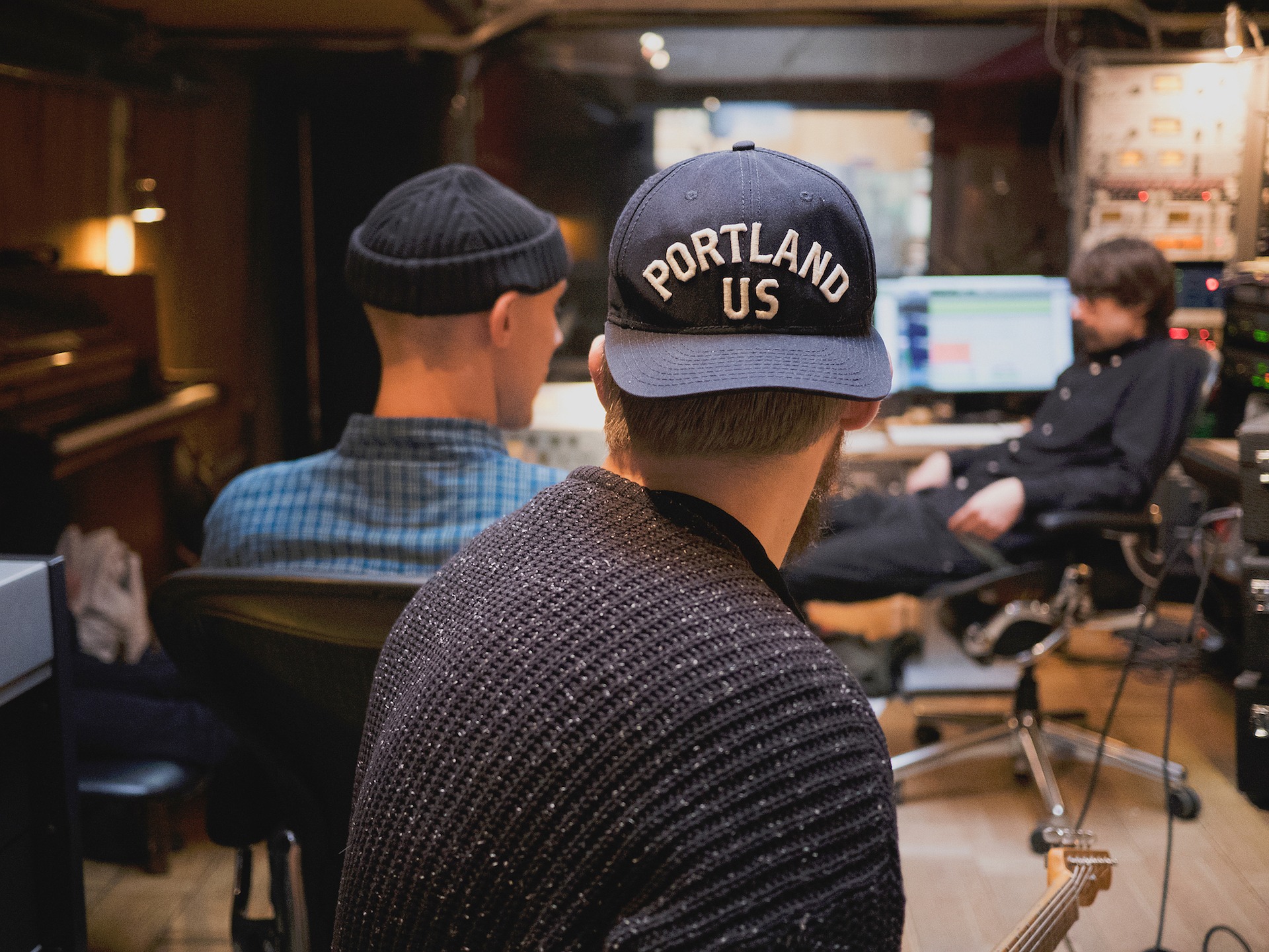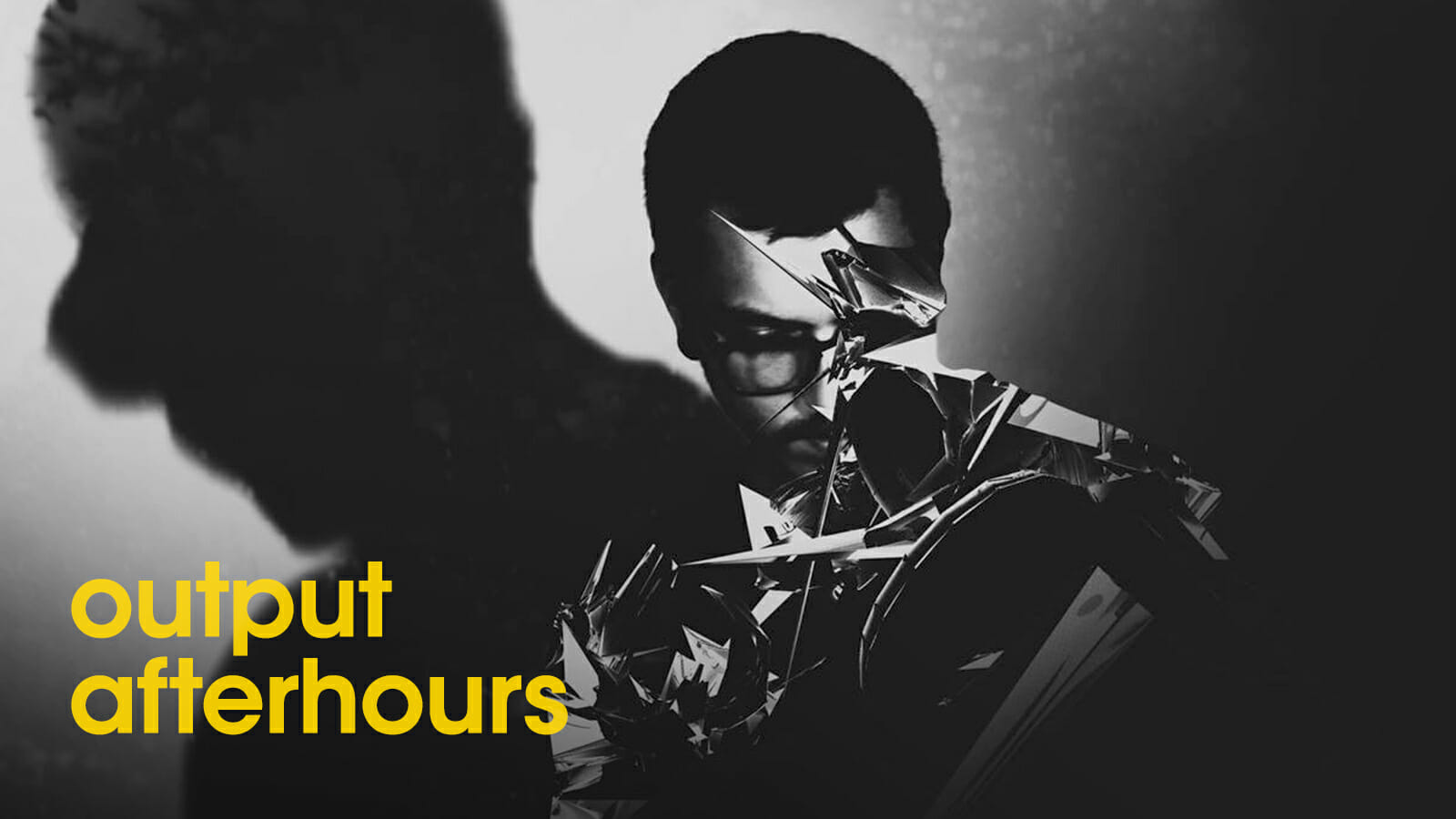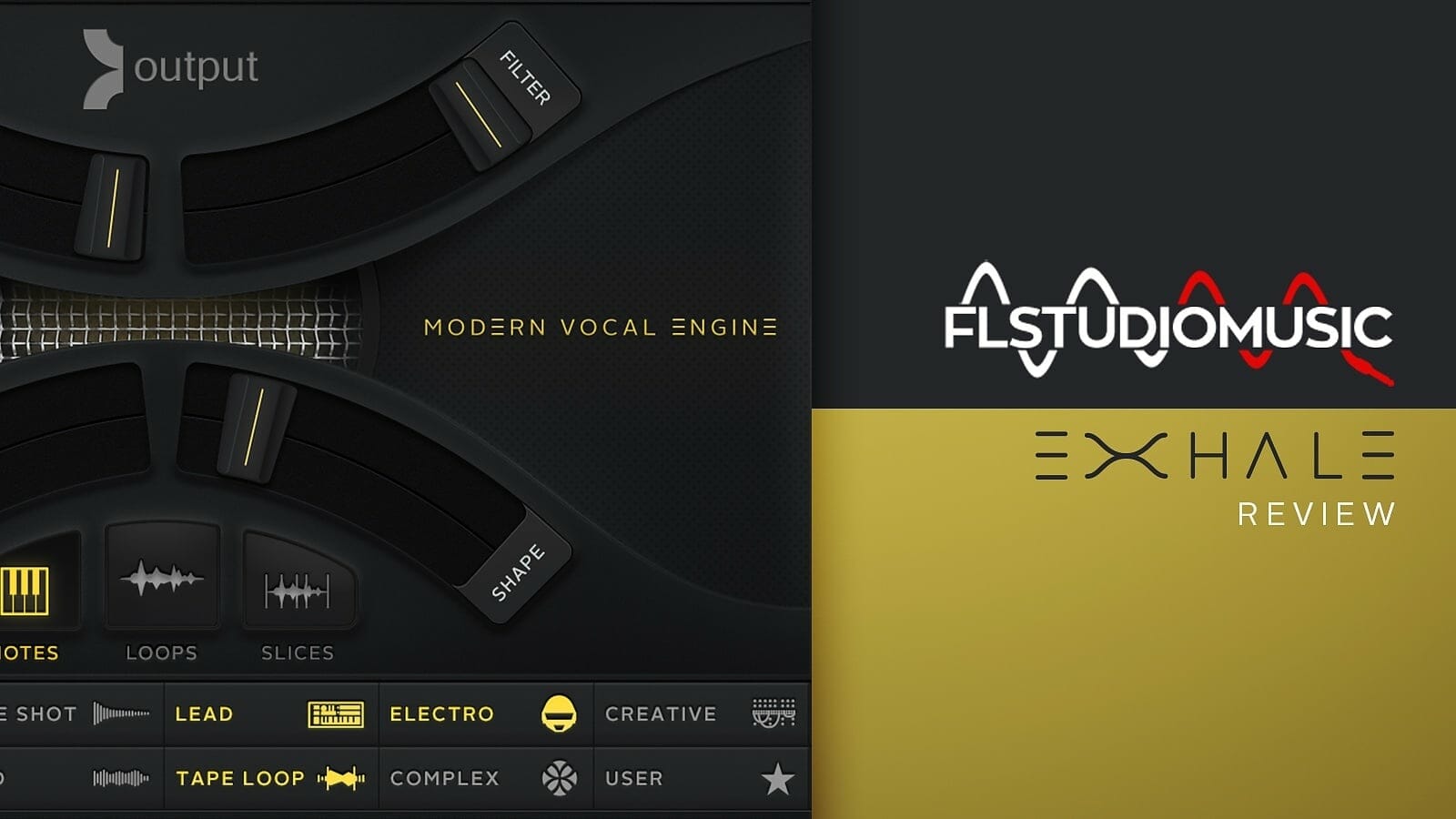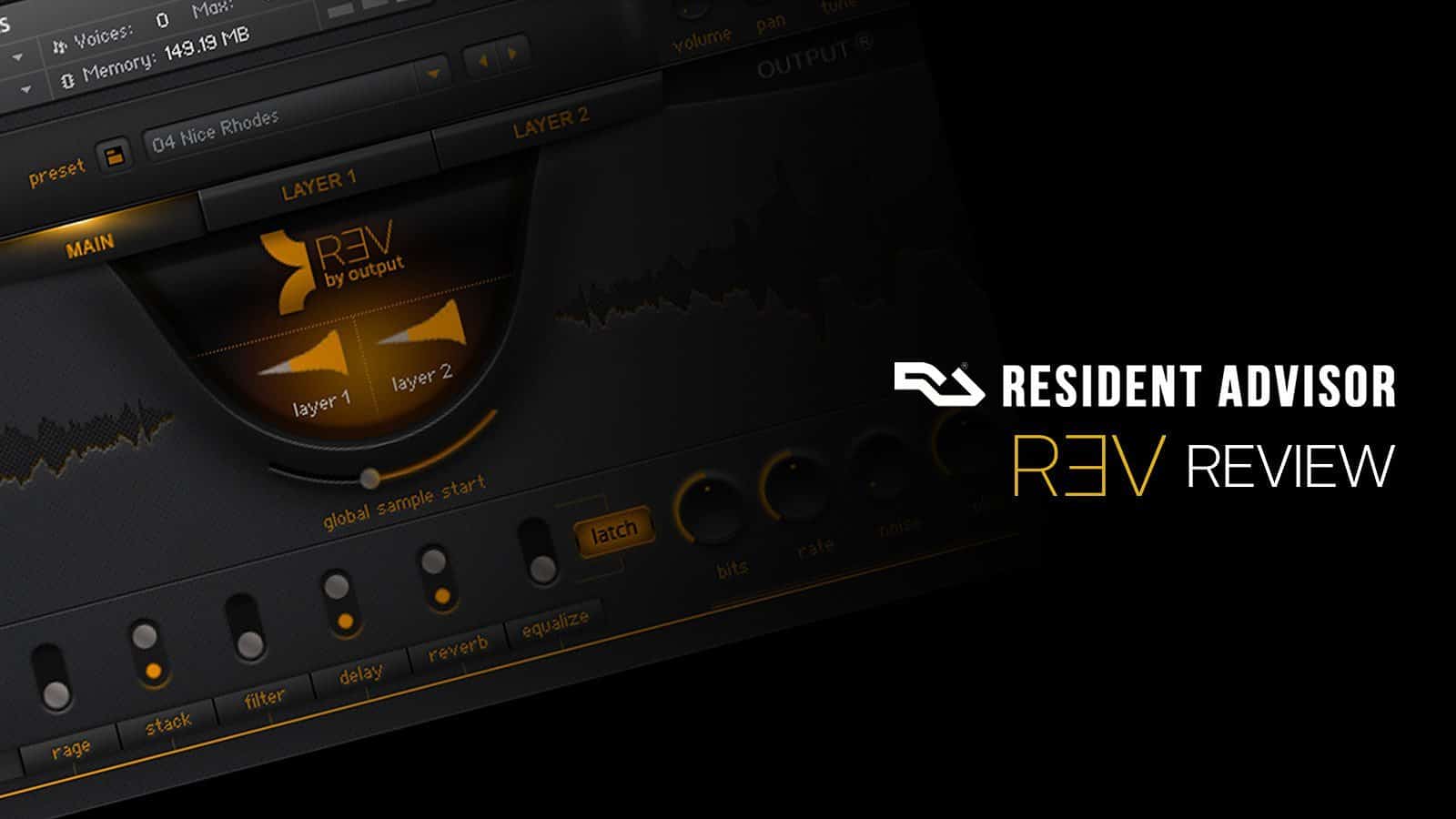
Song collaboration can be daunting in the modern musical era of home studios and digital distributors. It’s crucial for creators to maintain a constant output of quality material, but the hot coffee cup of personal creativity eventually goes cold, and this café doesn’t do free refills. Here’s where collaboration can refresh the creative process. Working with a variety of writers and producers can improve your skillset, expand your network, and increase your chances of being heard. Ahead, a few helpful tips to ensure your next session is smooth and productive.
1. Come prepared
Some sessions go off like gunpowder, but when creative chemistry is slow to develop, things can get awkward. It’s always good to have a handful of ideas ready to go, whether it’s a simple melodic hook or a poetic lyric. (ARCADE Lines are a great way to find quick inspiration!) Building a song starts with a cornerstone, like anything else, so do a little prep work to avoid the intimidating presence of a blank slate.
2. Learn the language
You may have your own creative process, but so does every other musician. Each person in a song collaboration communicates in their own nuanced language based on their strengths, personalities, and experience. Finding what works best and capitalizing on it will increase the quality and efficiency of your work. As an example, Paul Simon faced linguistic and cultural barriers during the Johannesburg-based recording of his renowned album Graceland. But, he adapted his writing style to accommodate the bass-driven grooves and major key signatures traditional to South African music, elements which greatly contributed to the album’s 1987 Grammy win.

3. Know your strengths
There may be too many cooks in the kitchen, but what if one is a sous-chef? Sometimes, a clear delineation of who does what can brighten a collaborative atmosphere. Being aware of your natural talents and songwriting proclivities will help streamline that process. Reginald Kenneth Dwight was just another brilliant pianist until he discovered the lyrics of lifelong collaborator Bernie Taupin. Without their partnership, Elton John might never have become, well, Elton John.
4. Set goals
Along the edges of your consciousness, the spirits of unfinished projects moan in protest at having been forgotten. Music-makers are hustlers, and if you don’t knock down the door, you could get swept under somebody’s rug. Set a schedule, do your homework in-between sessions, and you will move purposefully towards a final product.
5. Leave the ego at home
If you are a songwriter, chances are you’ve got an intense ego. If your head is shaking, that’s the ego talking. It can be hard to let go if you’re used to being in total control, but song collaboration works best when all parties respect one another’s unique contributions. No stonewalling or bad attitudes. Work together to find common ground, and always be considerate of your partner’s opinions and emotions.

6. Learn how to say “no”
Artists are sensitive people. Ergo, there is a right and a wrong way to approach an idea you don’t like. The guidelines are simple: Use positive language, and avoid negative language. “That’s a cool idea. How about tweaking the melody?” is a great way to introduce an alternative as opposed to, “That melody doesn’t work for me.” If a collaborator is feeling self-conscious, the art will suffer. Alternatively, a collaborator must also learn how to deal with rejection. No matter how good you are, an idea you love will eventually be shut down. Whether or not your partner is tactful in doing so, it is your responsibility to listen to their thoughts without getting emotional. A good rule to live by in creative collaboration is that everyone should be saying “no” until everyone is saying “yes.”
7. Know when to say “when”
There comes a time, after the coffee wears off, when the magic starts to fade. Often signaled by a stifled yawn or glance at the wristwatch, this moment is not to be ignored. A timely dispersion will leave everyone involved with a good taste in their ears, anxious for the next session.
8. Be generous
Don’t be the one squabbling over credit. Unless percentages are preordained, everyone involved should get a fair cut of the intellectual property. On the other hand, be honest about your input. Holding yourself accountable displays a level of professionalism, and discretion can cement a good working relationship.
9. Hang outside the studio
We don’t mean a cigarette break. Corporations improve their employees’ work environments through “team-building” exercises. Similarly, spending time with a collaborator in a social setting can help form personal bonds and depressurize your sessions. There’s nothing better than creating with friends.
In conclusion…
Anyone can take a project from start to finish. If all art is subjective, and you’re totally in control, there’s nothing stopping you from releasing what some might describe as an “unpolished demo” under the artist name “Narwhal Pete.” But if you want others to connect with your art, you have to consider how it will be received, and this is the beauty of song collaboration. By sharing your work with a trusted contributor, you exhibit confidence in your own creative instincts while doing your song the favor of allowing it to grow.



